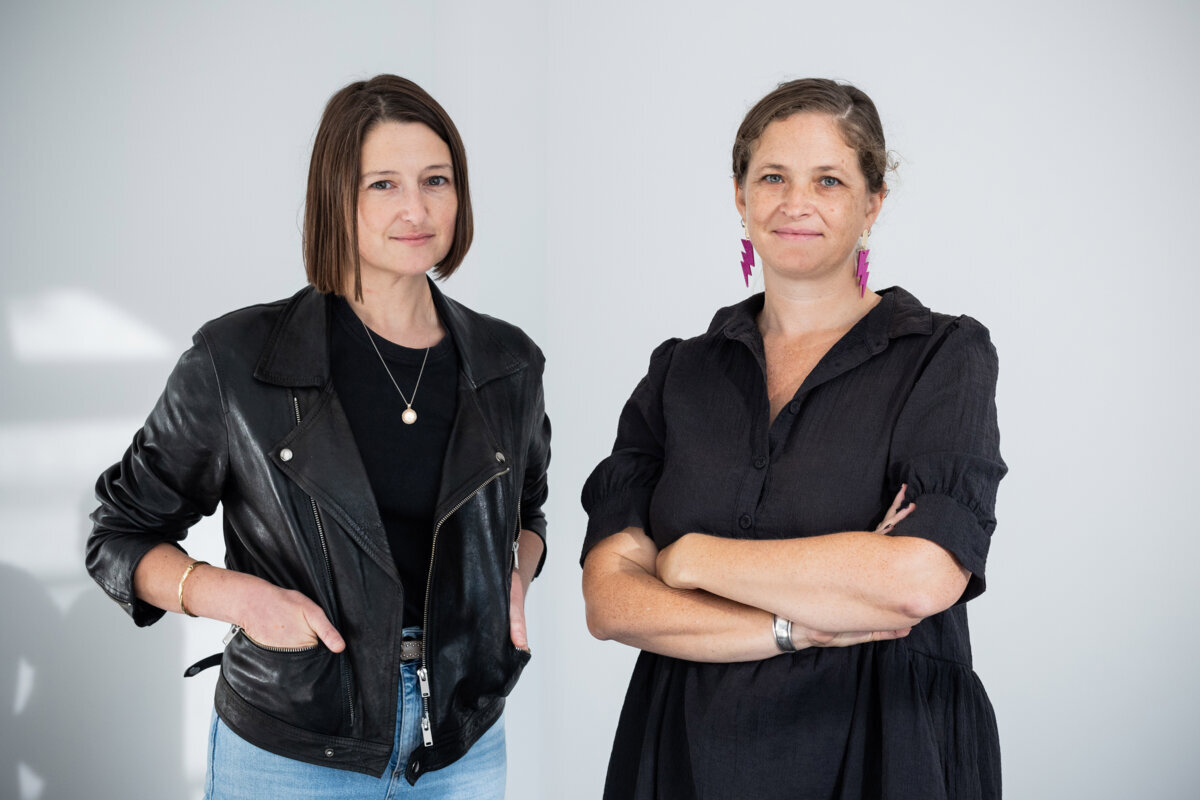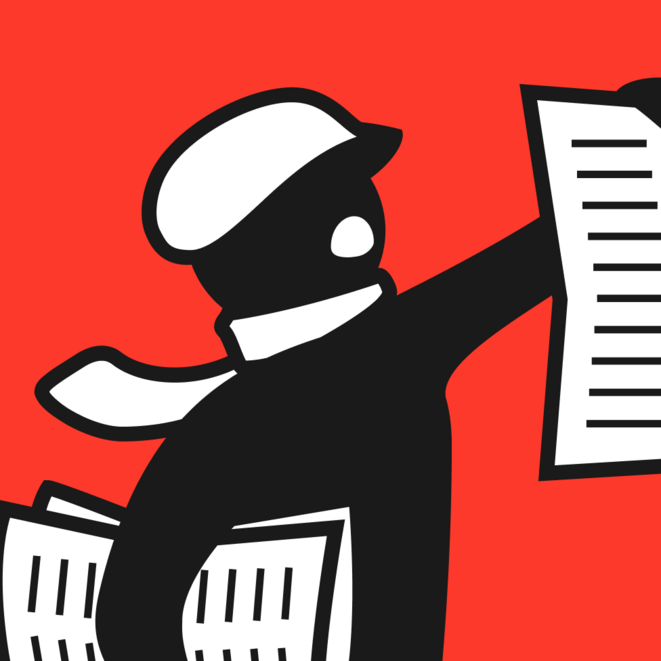Record rises in temperatures, yet another wave of Islamophobia in France surrounding the wearing of the abaya, new attacks on press freedom, the political failure to deal with inflation, the continuation of the war in Ukraine and the unfolding events in the Middle East; all serve to underline once again the essential role played by independent news reporting, as opposed to media agendas saturated by the far-right and the communications campaigns of those in power.
That role is at the heart of what Mediapart has promised ever since its creation 15 years ago.
In our positions as newly appointed joint editors-in-chief of Mediapart, succeeding Carine Fouteau and Stéphane Alliès who occupied the same posts over a term of five demanding years, we will continue with the same objective, as was set out in the editorial project we presented this summer and which was approved in a vote by Mediapart’s team of journalists.
Over the weeks, months and years ahead, Mediapart, a participative online journal with no borders, will continue to inform you on a daily basis, providing a sense to news, and driven by a culture of investigative journalism which dominates our collective, professional DNA.
For the past 15 years, Mediapart has been at the centre of the fight against the corruption which gangrenes the political landscape and undermines public confidence in our institutions, while also engaged in its coverage of feminist, anti-racist, and LGBTQI+ struggles, in decrypting the damage wrought by neoliberalism, and the collapse of public services. It is a space for the affirmation of democratic radicalism, and is a reference for its coverage of police violence and its investigations into sexual and sexist violence (see examples here, here and here).
Mediapart’s coverage of the #MeToo movement is the subject of a forthcoming book published by Les éditions du Seuil in its collection Enquête de sens. On the occasion of the book’s launch, a public meeting, with guest speakers analysing the progress of the #MeToo movement and the parallel role of the media, will be held in Paris on the evening of October 19th (see the programme here).

Agrandissement : Illustration 1

A culture of investigative journalism, renewed priorities
We will also strengthen coverage in three areas, which we believe to be essential. Mediapart must, more than ever, be a reference among the media for its reporting of the collapse of the climate, notably focussing on those responsible for the crisis, the multinationals and governments in place, on the inequalities created by the environmental disaster, on the resulting collective struggles and the development of alternative practices.
We are also be expanding our coverage of the far-right, which includes the launch of a dedicated newsletter entitled In Extremis. Since its creation, Mediapart has always distinguished itself in its position towards the Front National, the French far-right party now renamed as the Rassemblement National. We have refused to regard it as a party like any other, let alone roll out the red carpet for it as have certain other media with accommodating interviews. On the contrary, Mediapart has led numerous investigations into the party, notably on its funding and complicitous relations abroad, lifting the veil on its supposed normalisation. We will further develop this crucial commitment.
In face of the concentration of press ownership in France, and the ideological incursion into the media landscape by the far-right, we will also expand our investigations into issues surrounding the media, their financing and the spreading of opinionated commentary that is presented as fact.
Finally, in face of a world that is undergoing significant change, Mediapart must more than ever assert its inclusive and popular character, open to all and to the world, and further develop its accessibility; that of its texts, its photo reportages and video productions, its podcasts, its narrated audio versions of articles, and themed graphic albums of its reporting. This autumn, Mediapart launched a new service, led by Stéphane Alliès, dedicated to making the site more enjoyable to use. This includes, for example, the introduction of more varied formats, and the presentation of bullet-point summaries in introduction to some of our in-depth investigations.
Mediapart stands as an exception within the French media landscape, notably with its financial model, which is totally independent, and by its journalistic radicality, which is non-negotiable. We know very well what an immense privilege it is for us to be in charge of this editorial team. We are also well aware of the great responsibility that is ours in ensuring the success and future of this unique online journal which owes its existence to you, our readers. We thank you for your trust, your loyalty, and your support.
Lénaïg Bredoux and Valentine Oberti



